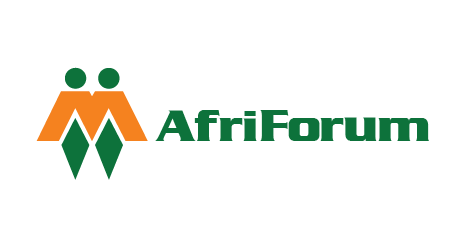AfriForum conducted a survey among members during 2019 to determine their language needs when consulting health care practitioners. This followed in response to the disputable assumption of among others hospital groups, the South African National Blood Service and medical schemes that healthcare communication in English only is adequate.
According to Alana Bailey, AfriForum’s Head of Cultural Affairs, this statement causes serious concerns, as English is the native language of less than 10% of the country’s residents. “International studies prove that people who experience trauma or are subjected to emotional stress function less fluently in a second language. We wanted to find out what our members experience in this regard,” she explained.
The 1 024 participants in the survey, which was launched by the AfriForum’s Research Institute, originate from all nine provinces of South Africa and range in age from 18 to over 65. Of these, 59% are men and 41% women, while 96% passed matric or have a higher qualification.
In total, 85% of participants stated that language determines which practitioner they choose when a choice is possible, while 83% even specifically said that they prefer to consult a healthcare practitioner in their native language.
More worrying was their feedback that they experienced problems when they had to use a second or third language for communication with healthcare professionals. 19,5% of respondents indicated that they had been in situations where misunderstandings arose because they could not communicate in their native tongue. This included not being able to explain symptoms adequately to the practitioners, not understanding the side-effects of the medicine, and not being able to properly understand the diagnosis or treatment procedure. Of this group, 13% responded that they experienced life-threatening consequences: 13% literally took months to recover, while 8% are suffering from life-long adverse effects.
According to Bailey the results of this study prove that more research is urgently required on the topic. “Considering that the respondents comprise a small, fairly homogeneous and literate group of people, 19,5% with problems is a particularly high percentage. This raises more questions about the experiences of the most vulnerable members of the South African population, namely those who are less literate and for whom English is not even a second or third language.”
“The respondents were also asked about the language in which they prefer to communicate with their medical schemes, and 74% indicated that they would prefer their native language. Schemes should take note of this, as it will ensure clear and therefore safe communication with members, but also because multilingual service delivery adds value and provides them with an important marketing advantage,” Bailey adds.
“On International Mother Language Day, AfriForum seriously urges healthcare practitioners to provide service in the native language of their patients as far as possible. This may literally mean the difference between life and death for these patients, and prevent malpractice claims against healthcare professionals.”


